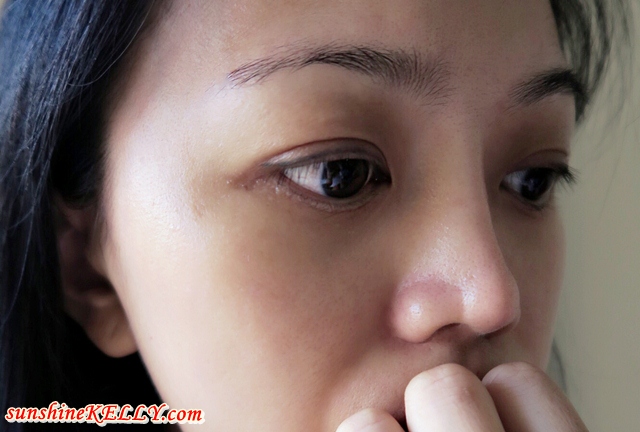Panic attacks affect at least one in ten adults at some point in their life, and are twice as common in women as in men. Such attacks can be frightening, though they are not dangerous. They may include symptoms such as: palpitations, chest pain, sweating, trembling, shortness of breath, numbness, tingling, nausea, dizziness, a fear of impending doom or going insane, and can last from seconds to hours. These symptoms are the body’s protective response to danger, the ‘fight or flight’ response, though no danger may be present. When the adrenaline and increased oxygen is not actually used, we can hyperventilate and a panic attack may follow.
 |
| Panic Attacks: Triggers and Cures |
Triggers
of panic attacks can be physical or psychological, or a combination of both,
and are often difficult to identify.
Health
problems
Digestive
problems and allergies can cause panic attacks when the body sees the allergen
as a threat and produces the fight or flight response. Chronic illness, pain
and fatigue can also lead to an increased risk of panic attacks.
Lifestyle
Sleep
problems such as sleep-walking, jet lag and insomnia, or simply not getting
enough sleep can increase the risk of panic attacks. Unstable blood sugar
levels caused by a poor diet, and dehydration are also risk factors. Ensure
that you take regular exercise and get the amount of sleep you require, as well
as eating a healthy diet. Relaxation techniques such as yoga and meditation
help you learn to control your breathing.
Drugs
and medication
Some
prescribed medications have panic attacks as a side-effect, often temporarily,
while the patient is getting used to them. Recreational drugs can cause panic
attacks, including cannabis, which people often think of as a relaxant. Other
chemicals such as alcohol, caffeine, nicotine and even monosodium glutamate
(MSG) can cause symptoms of anxiety. Reduce the amount of these substances in
your diet, and give up smoking.
Life
experience
The way
we learn to deal with traumatic situations influences our perception of our
ability to cope. If as children we see adults responding to a situation
fearfully, we may become afraid of the potential risk in any situation. A lack
of confidence in our ability to cope can be a factor in panic attacks. Stay in
touch with supportive friends and family, and consider seeking counseling to
help you change negative thought patterns.
Mental
illness
People
suffering from long term, persistent stress, post-traumatic stress disorder
(PTSD) or phobias are prone to panic attacks. In extreme cases, medication may
be prescribed. Talking therapies such as cognitive-behavioral therapy (CBT),
exposure therapy or hypnotherapy are extremely helpful.
If you
are suffering from regular panic attacks, it is important to seek help at an
early stage, treatment is most effective at an early stage. Left untreated, they can become debilitating, and may increase
your risk of developing more severe anxiety disorders.

I think panic attacks should be addressed medically. It is important for family and close friends to look out for these signs as the person suffering from panic attacks may not realise it.
ReplyDeleteOh dear! I'm glad that you discussed this topic! I can relate to every symptoms except sleep walking tho haha. Life has been hectic recently!
ReplyDeleteXOXO... GreenStory